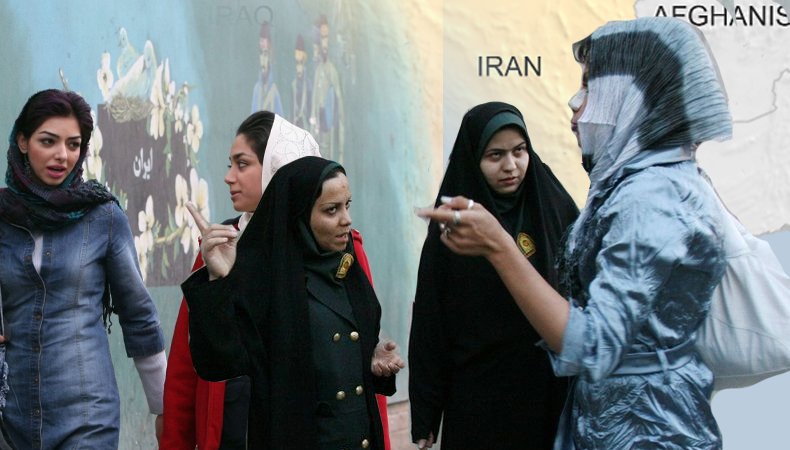Iran’s Proposed Hijab Legislation: A Concerning Step Towards Gender Apartheid

Iran’s recent draft law proposing harsh punishments for women and girls who do not wear the hijab has sparked international outrage. Concerned about the potential effects of this legislation, experts from the United Nations (UN) have called it a sort of “gender apartheid.” This article examines how this proposed law may affect women’s rights, gender equality, and broader societal effects.
The planned law is described as “gender apartheid” by UN experts, which emphasizes how serious the problem is. The apparent intent of this act is to completely subjugate women by institutionalizing widespread prejudice against them. The severe penalties for not donning the hijab, including lengthy prison terms, are meant to limit and stifle women’s independence and autonomy.
This draconian law’s weaponization of “public morals” to restrict women’s freedom of expression is among its most alarming features. The Iranian government is marginalizing women and girls in society by using morality as an excuse to enforce the clothing code, which perpetuates gender discrimination. This has harmful effects for children and society at large in addition to the targeted individuals.
Keep Reading
The timing of this draft law is significant, as it follows the mass protests ignited by the tragic death of Mahsa Amini. Her experience, along with other instances of women being brutalized for disobeying dress restrictions, has brought the problem to the attention of the entire world. The Iranian government’s implementation of even tighter restrictions in reaction to these demonstrations reveals a worrying disrespect for human rights and international standards.
Due to its potential to institutionalize gender discrimination and repression, Iran’s proposed hijab legislation has sparked alarms across the globe. The fact that it is being called “gender apartheid” by UN experts emphasizes how serious the problem is. The safeguarding of women’s rights, gender equality, and basic freedoms must be promoted while the world continues to closely follow events in Iran.







